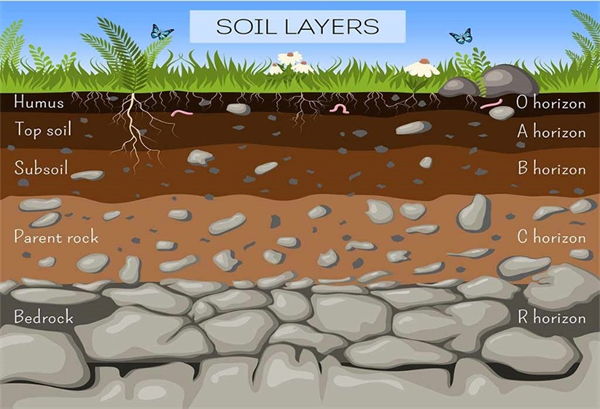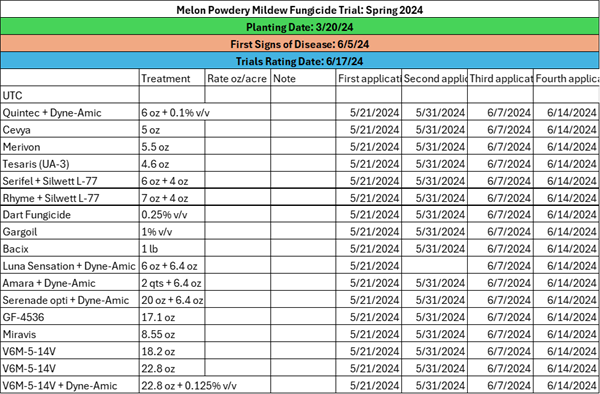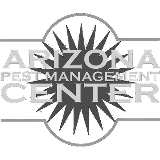-
Jan 27, 2021Avoid Seed Corn Maggots in Spring Melons
The rain finally showed up after almost a year. It was significant too. The desert received over 1.25” last week and more is expected today. And that’s not good for several reasons including the delays in disking recently harvested fields and planting spring melons. So far, I’ve seen a few cantaloupe fields planted to Yuma beds. One field had just been listed for planting with excessive produce crop residue in and on top of the beds. The first thing I thought of was the threat of seed corn maggots on early planted melons, particularly given the colder, wet weather we’re experiencing. Seed corn maggot (SCM) is a pest that should be avoided whenever possible since control after the fact is near impossible. SCM are always a concern in melon crops planted during late January and February, and are most prevalent under cool, wet conditions. SCM can cause significant stand reductions in melons and other large seeded crops (e.g., cotton, corn, beans) due to the maggots feeding on germinating seed, roots and stems of young seedlings and transplants. If larvae populations are high in the soil, replanting parts or all of an infested field is often necessary. Not only is this an inconvenience to the grower, but replanting is expensive and can disrupt harvest schedules. Unfortunately, once maggots have been found infesting the soil during stand establishment, there is usually nothing you can do. Thus, avoidance of the problem is the most effective way of preventing stand reductions. First, weather plays a major role in determining the damage potential for SCM. Melon stands are more susceptible to SCM during wet, cool spring weather in which seed germination is slowed or delayed. These conditions (low soil temperatures, rainfall and/or excessive irrigation) give SCMs a chance to develop in the soil and attack the seeds before they can emerge. However, I’ve also observed SCMs take down direct seeded cantaloupe and transplanted watermelon stands established under warm, dry conditions when flies were abundant. Secondly, our cropping system plays a key role. Melon crops following produce are the most often attacked because SCM adults are attracted to freshly tilled soils with high levels of decomposing organic matter and will readily lay eggs in the soil (particularly moist soil). This includes heavy plant residue remaining after harvest of the previous lettuce or brassica crop, as well as applications of composted manure prior to planting. Growers would be encouraged to delay planting melons into fields under these conditions. However, if growers decide to plant in these conditions, then it would be wise to use a preventative insecticide applied at planting to minimize the impact from SCM and give seedlings a fighting chance. A few alternatives are available that have shown activity against SCM and may be practical for their management in spring melons. For more information, visit Seed Corn Maggot in Spring Melons, 2021.

Name That Pest

To contact John Palumbo go to: jpalumbo@ag.Arizona.edu





















